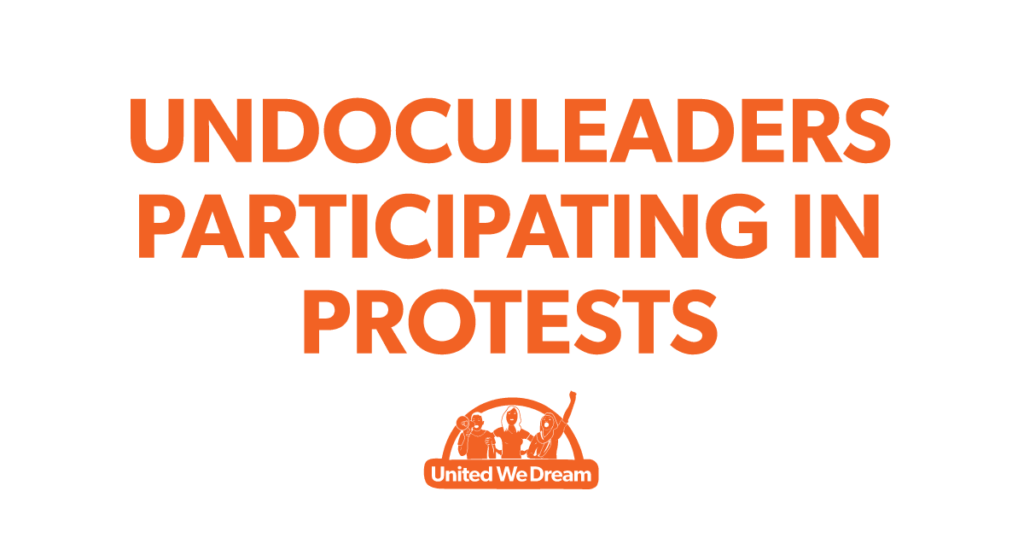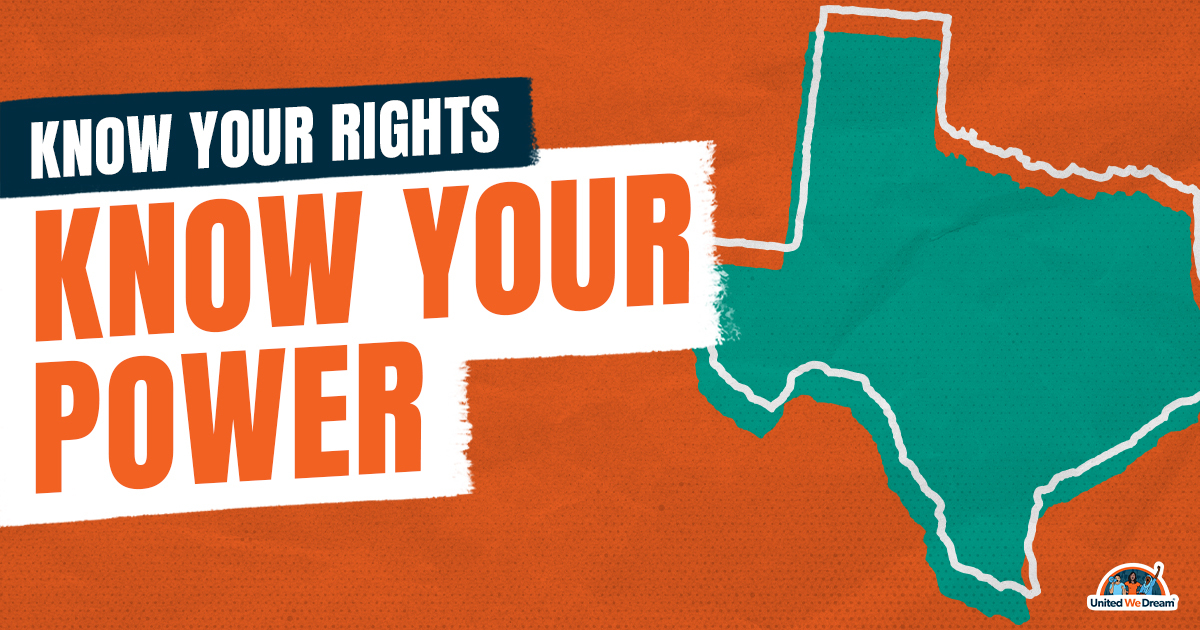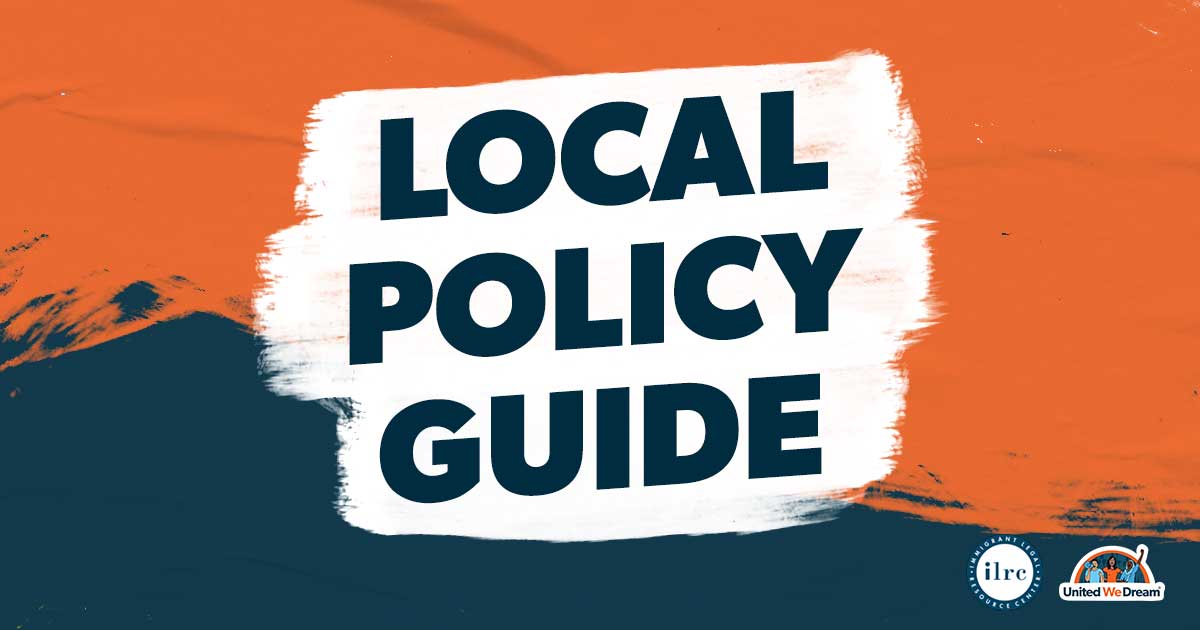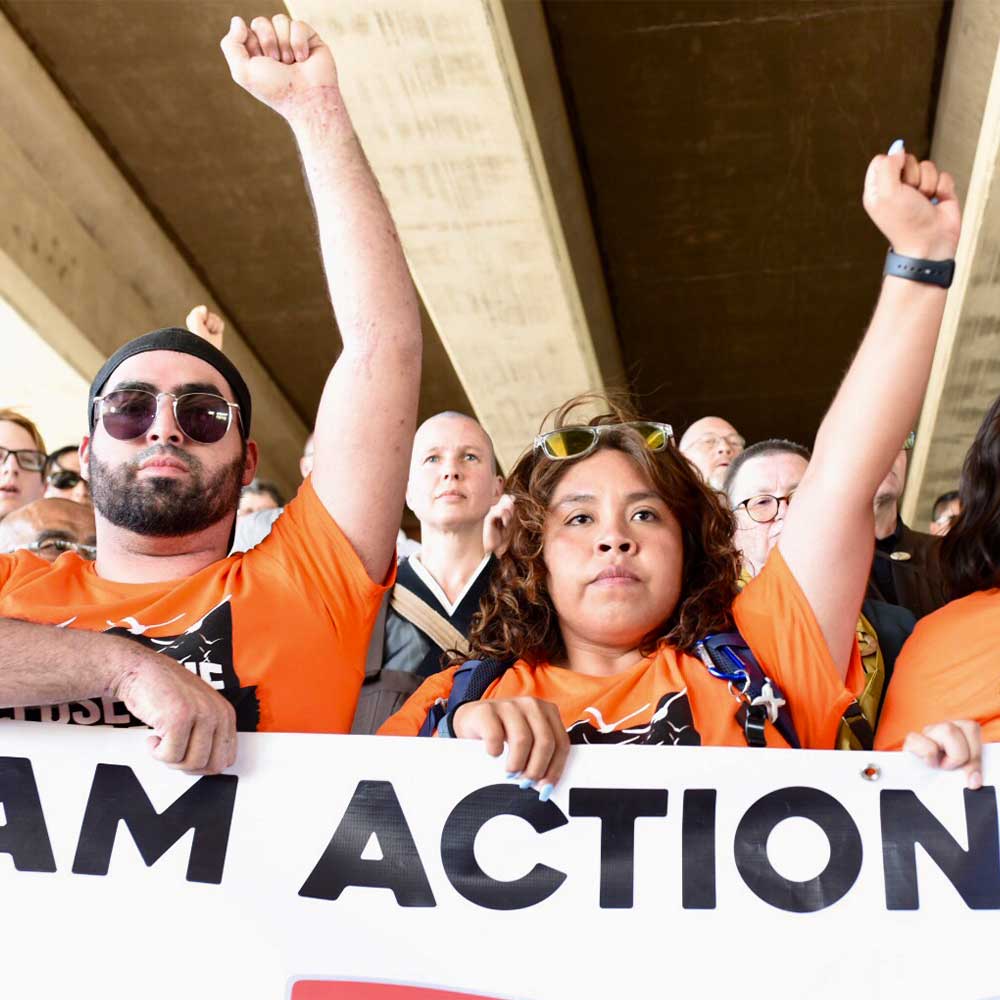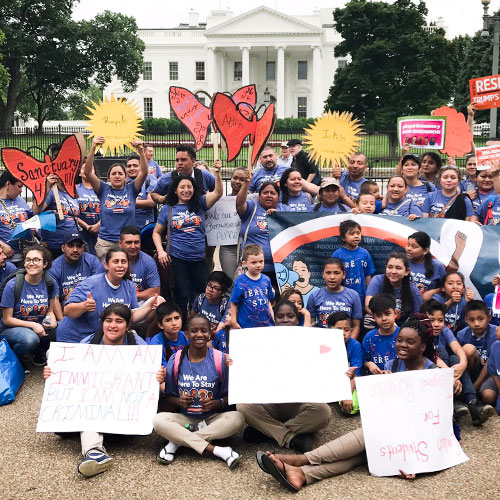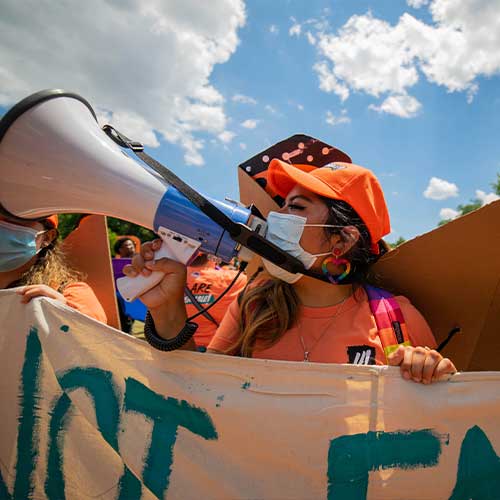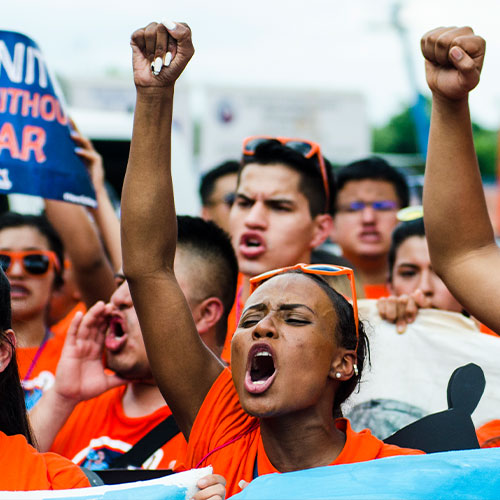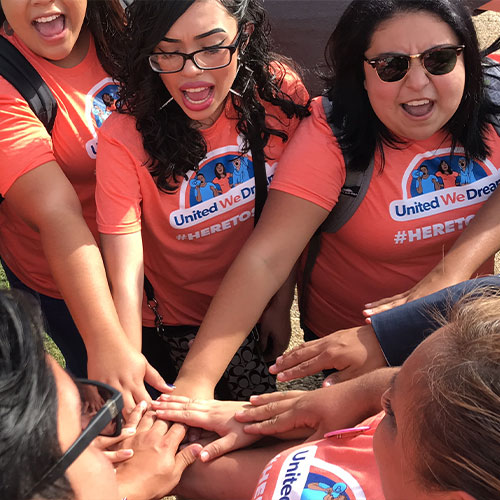As you get ready to attend, remember the core goal of this moment is to demand justice for the Black lives lost through police brutality. We are here to echo the Movement for Black Lives’ demands to defund the police and create concrete systemic change for Black lives.
Even if the media claims immigration agencies won’t be making arrests, CBP have been deployed to demonstrations. We know that ANY interactions with any law enforcement agency can lead to detention/deportation. It is imperative that if you attend you show up with a plan and be grounded in solidarity.
Create a plan ahead of time on how you choose to show up.
- Get the location, time, duration and weather of the event ahead of time
- Create a route ahead of time for the location of the event and what are your emergency exits (i.e where to get picked up,where is there a medic/water station).
- Find out who is organizing? Who is a good contact person on site?
*Note: Front line demonstrators are potentially at higher risk of arrest, be alert that reports have shown that police is detaining demonstrators even when they are not an active participant of the event*.
- Stay close to your group at all times.
- Buddy-up with loved ones who are aware of your plan. This will allow you to participate up to your point of comfort.
- Create roles in your group, plan ahead for various situations.
- Decide ahead of time when you as a whole group will leave the event.
Each immigration case is different and enforcement interactions can impact differently for each individual. Having trusted legal counsel can answer key questions about the impact on current and future adjustment of status.
Have a preparedness package ready and leave it with someone of trust.
- Designate someone to respond if you are detained
- Share with a trusted loved one where you will be heading and write their number down somewhere you can still access it even without your phone.
- Share that number with someone in your group so they can contact someone on your behalf if needed.
Identify if there are any forms of support ready for potential arrests:
- Bails Bonds
- Pro-Bono Attorneys
- Local organizations providing guidance and legal support
Identify a trusted Immigration attorney ready to respond
- consult with them beforehand if possible, especially if you have any past arrests or contact with immigration.
If you are planning to take your phone,
- Download Notifica and have at least one contact person ready to alert in the case of an arrest. [Text Notifica to 877877 to download the app]
- Make sure you remove facial recognition/ fingerprint options in case your phone is confiscated.
- Be ready to identify and document who is making your arrest.
If arrested, here are best ways identify yourself
It’s best to not carry your EAD card.
- A state issued ID is the best way to identify yourself
- Do not carry false documents
- School IDs are often valid forms of identification (may vary from state-state)
- If your passport is your only form of identification and you are detained, remember you can deny responding to any questions unless your attorney is present.
Most common charges in demonstrations can be:
- Curfew Violation
- Inciting a Riot
- Obstruction of Traffic
- Disorderly Conduct
- Criminal Trespass
If someone in your group is being detained and you interfere, you can be detained for interfering. Make sure an ally is prepared to record and collect information like:
- Video [Check out unitedwedream.org/knowyourpower for content on how to videotape]
- Badges and or names
- Time and location
- Agencies involved
Make sure this information is focused on the officers and not the person being detained
If you are detained, remain calm, remember and execute your plan as best as you can.

